At seven in the morning on Wednesday, with only three hours in line, Freddy Herrera still makes plans for the day. He is a radiologist technician in a private clinic and for the second time he was trying to fill the 85-liter tank of a 99 Grand Cherokee, his only car. The truck has a chalk number on the windshield: 262. His wife slept inside. As a worker in an essential sector —in addition to food, public services, the media, and the military—, you have the right to refuel at some gas stations in Caracas, which since the pandemic began, lives, along with the entire country, an acute gasoline shortage as it goes through three months of quarantine to curb the expansion of the covid-19.
Herrera is diabetic and hypertensive. He is 60 years old and wears his green jumpsuit and a mask at the gas station. After a rest, he plans to return to work to adjust the equipment that does the x-rays that confirm the pneumonia caused by the virus. He is in the risk group, but his concern today is another. “If I can load the entire tank, I will be able to look for my children, who have been stranded for more than a month at the grandparents' house in Guatire [50 kilometers from the city]. If they only give me 20 liters, as they are saying, I will have to wait one more week and reload ”. The day has just begun.
Medical organizations warn of the scarce availability of respirators throughout the country: there are not even 200 units
He arrived shortly before four in the morning and because of the number he had in the line around the service station, he thought he was late. Behind his truck, within a few hours, more than 100 vehicles joined. The line is already lost between several blocks around the jets. This is how it has been since gas rationing started. Today it has only reached 200 cars.
Venezuelans, after 20 years of Bolivarian revolution, well know queues, rationing, waiting lists, people numbered by a military man and black markets. But quarantined Venezuela has also left scenes such as the discovery of a clandestine gas station in a luxurious area of Caracas, fights between drivers tired of waiting or the fury of a flock of motorists blocking highways in their thirst for gasoline. The country with the largest oil reserves has been left stranded without fuel.
Venezuela faces the coronavirus with a great epidemiological opacity, which highlights its reduced capacity to verify infections, which on April 20 reached 256 confirmed and 9 deaths. Nicolás Maduro's government claims to carry out the largest number of tests in the region: 25,000 daily. But almost all of them are fast, not recommended for diagnosis. There is only one laboratory that can process 93 PCR tests a day in Caracas. It also ensures that there are 23,000 beds between hospitals, private centers, outpatients and hotels - 1,200 in intensive care - but organizations of doctors point out that the availability of respirators in the country does not reach 200. Since March 17, a quarantine that has been made more severe by the severe shortage of fuel that is now sold rationed, a situation that together with the lack of medical supplies and protection for health personnel and failures in basic services such as water has sparked protests throughout the country. The state-owned company Petróleos de Venezuela (PDVSA) fails to produce the 135,000 barrels of gasoline consumed per day. In the last decade, fierce corruption that has also fueled smuggling and the company's mismanagement have brought refining capacity to 55,000 barrels at the two plants that are operational from the six installed. The country that sold the cheapest gasoline in the world must import it and now pay it dearly.
Under that storm, José Martínez, owner of a PDVSA contractor home health care company, who owes him bills for a year and a half, waits in the same gasoline row with Herrera. Closer to the goal, sleepy, is Josefina Morón, a hospital nurse. Leaving a guard who was to be followed by another at dusk, she was stranded and had to pay a couple of liters of gasoline at two dollars each to get to the line. In front of her, María Dagher stands in line for her son, a doctor on duty at one of the reference centers for the care of patients with covid-19. "God grab us confessed," he says when asked what his son has seen these days. With the number 198, Mercedes Pichardo, 72, a bioanalyst in a hospital without water, was waiting.
Maduro has maneuvered in recent years to administer the debacle and Caracas had not yet suffered from the bad gasoline that the provinces of the South American country suffer years ago. In the capital, the memory of the strike promoted by the business sector and the opposition, after attempting a coup d'etat, in protest against the Hugo Chávez project and those that were the first signs of what would be an authoritarian drift, is distant: a extensive wad of enabling laws that would allow him to govern by decree and centralized control of the oil company.
The lack of gasoline throughout the country has made the social estrangement forced by the new virus that has sickened 197 Venezuelans, of which 9 have died, even more severely, if possible, according to official data. The shortage of fuel has also put food further for the 80% of the country that does not have the income to pay for it, for those who live on what they sell a day and cannot contract a home delivery service, and much farther the medicines, that cancer or HIV patients only get after hours of road travel to the border with Colombia, now full of controls that do not cross without safe conducts.
SPECIAL: Coronavirus in Latin America
Pandemic with gangs in El Salvador
This is how the gangs monitor the quarantine compliance.
Invisible in the Andes of Colombia
Tens of thousands of indigenous families report defenselessness in the face of the pandemic in the Andean country.
Buenos Aires: culture fades in the metropolis
The confinement has decreed a cultural blackout in one of the capitals most attached to the theaters and bookstores in the world.
Bolsonaro's questioned plan for Brazil
Caravans of cars ask for the lack of confidence between conspiracy echoes and the president defends that an economic crisis will be worse than the virus. The country's political polarization adapts to the health crisis.
The virus that silenced Chile
The camera that broadcast the outbreak of Santiago's anger now shows an empty plaza as efforts to control covid-19 multiply.
Fear of the Nicaraguan government
Doctors denounce the lack of government action and organize for when the worst comes.
Another invisible earthquake in Mexico
The story of a mother and her son shows the drama experienced by the 30 million Mexicans who subsist thanks to informal trade these days.
At the US-Mexico border: "Does anyone need a doctor?"
The Cuban exile community awaiting US asylum in northern Mexico forms a vulnerable group with many health workers ready to help.

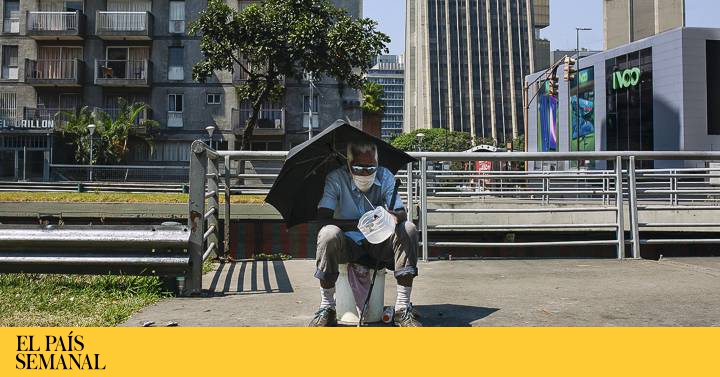
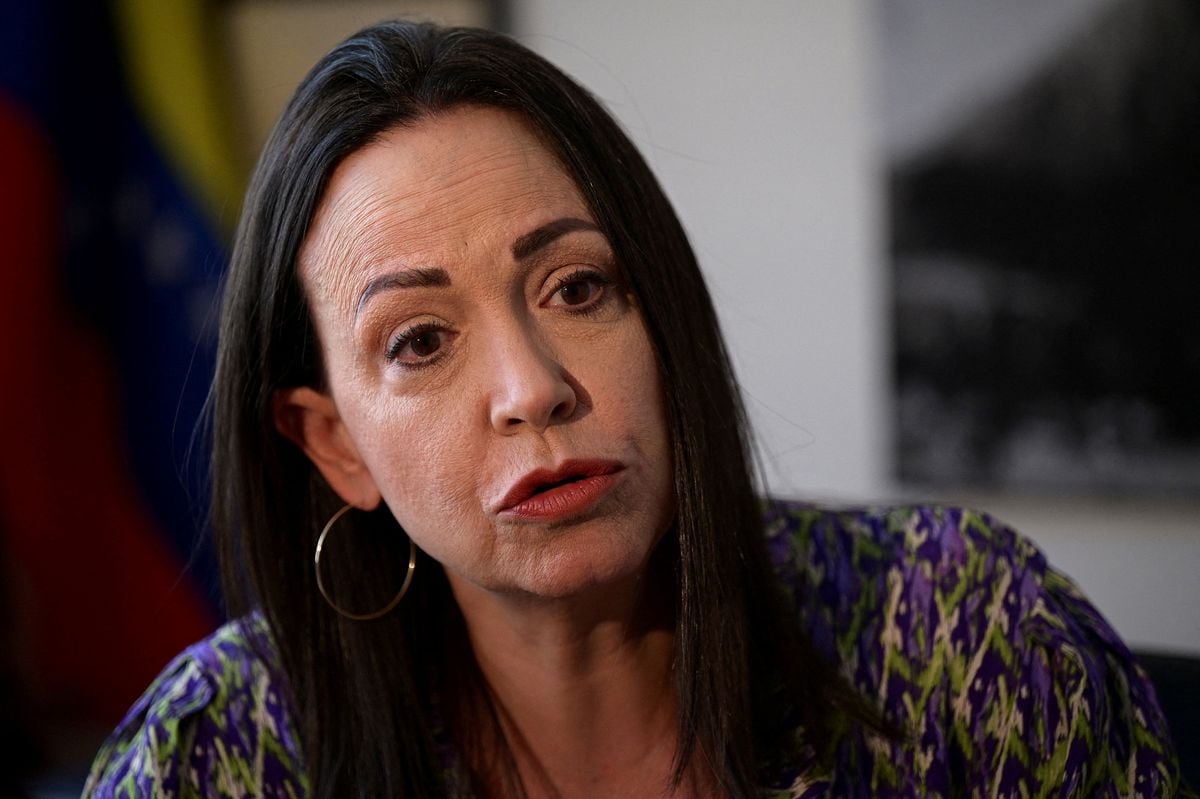
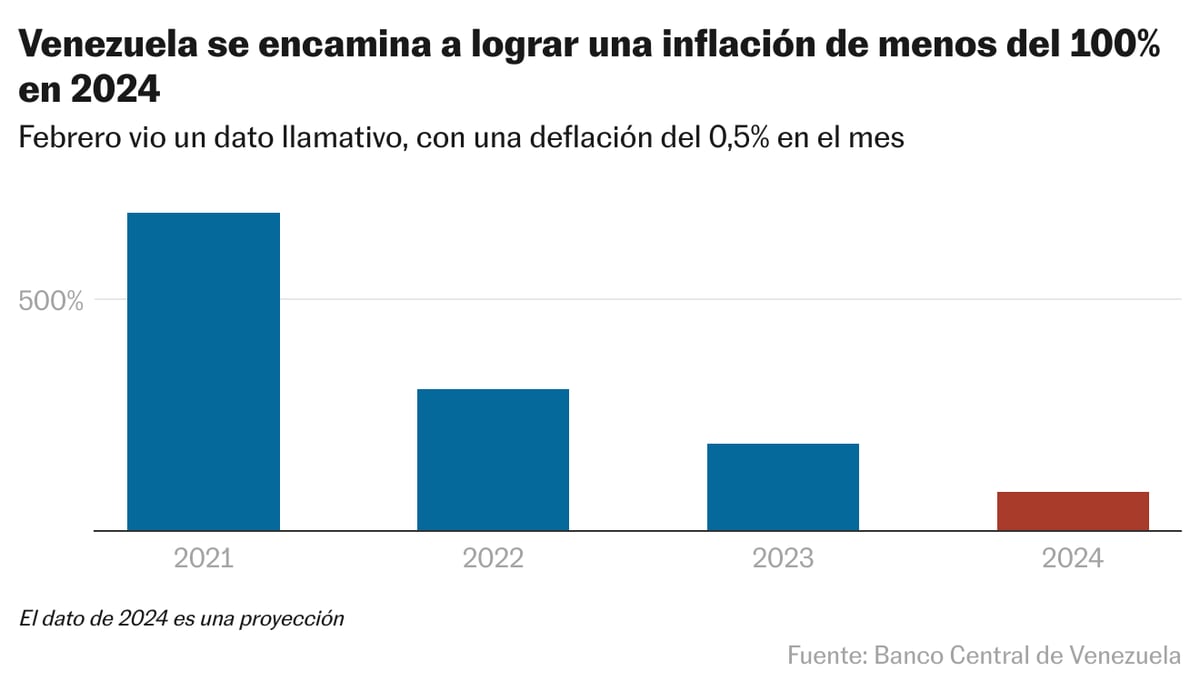
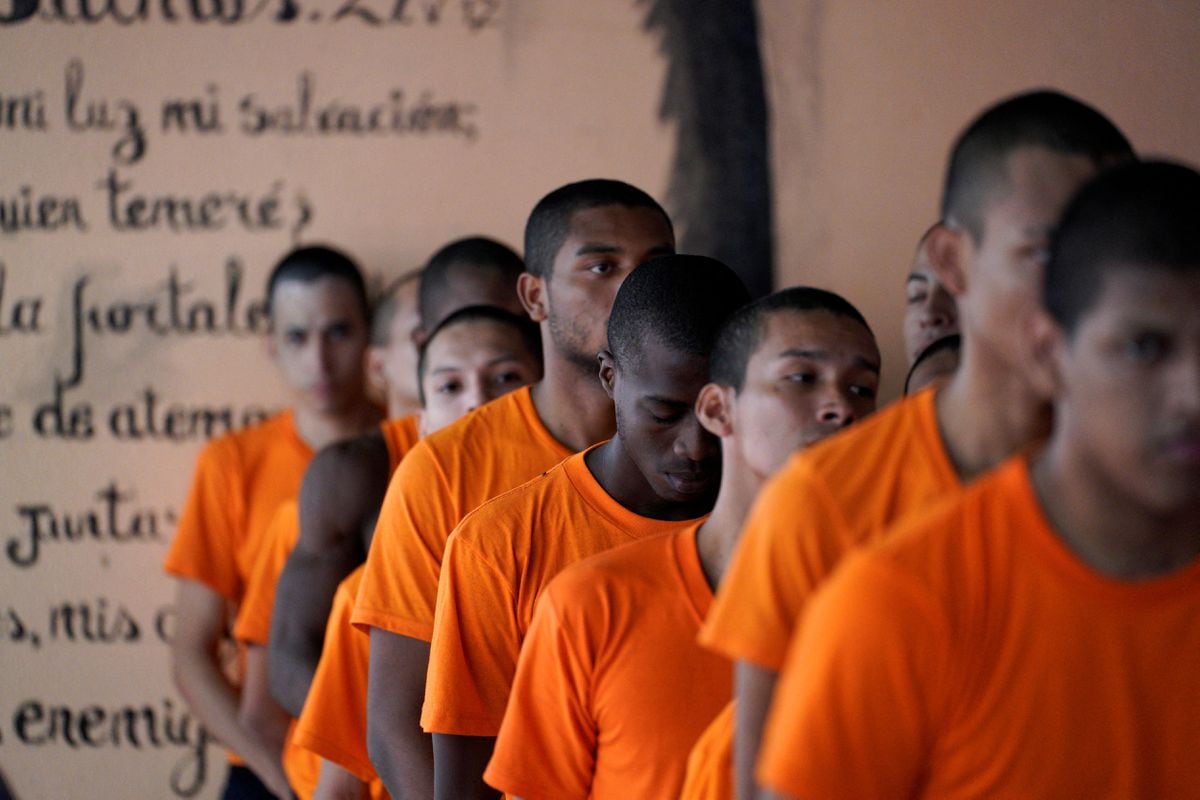
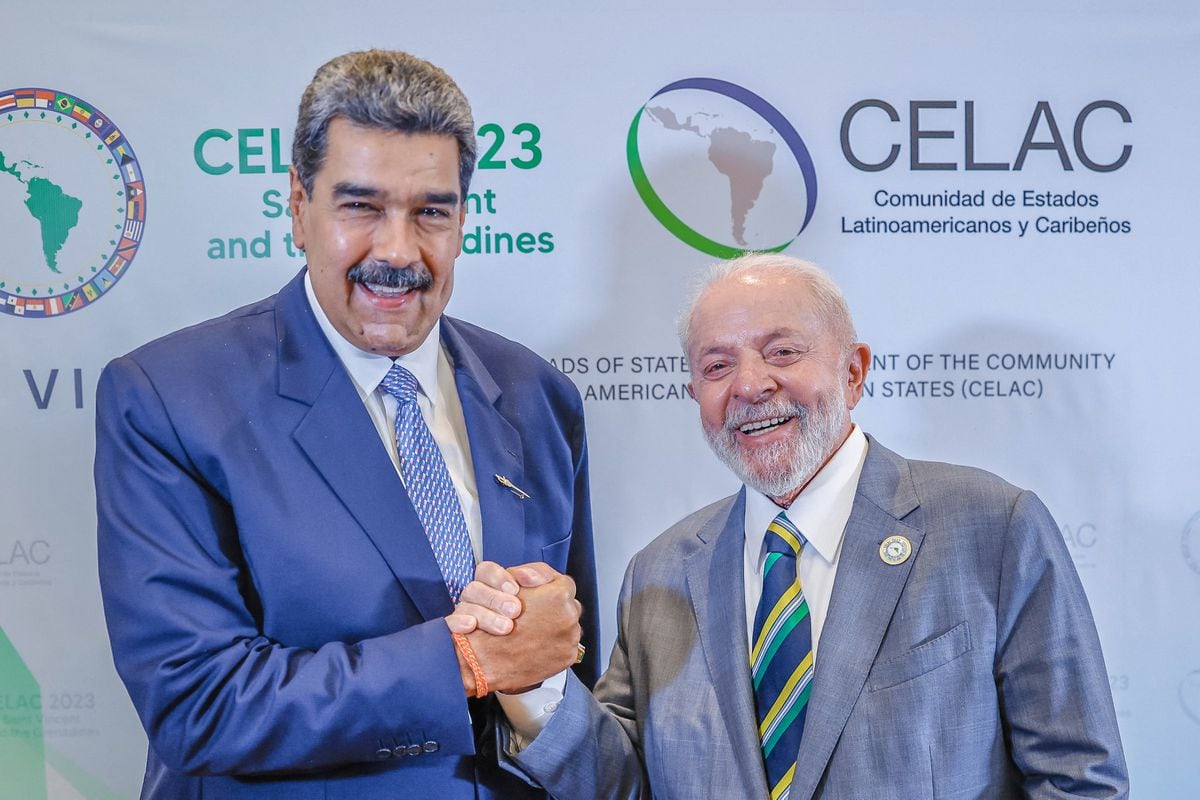
/cloudfront-eu-central-1.images.arcpublishing.com/prisa/BKFKZ33H7JCPZEHXBN7A7JPZHU.jpeg)








